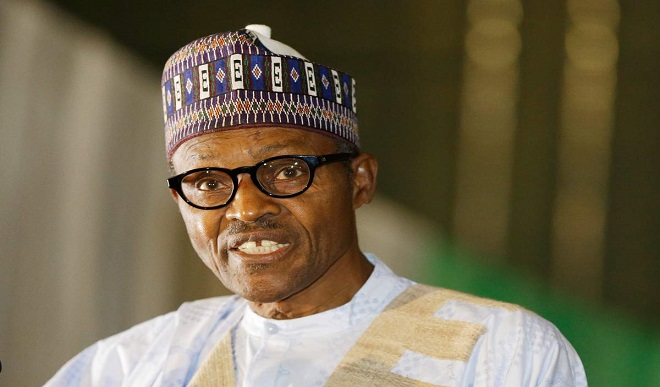Will the President Muhammadu Buhari’s administration 200,000 graduates’ employment scheme ever come to reality? This question came to mind after the Presidency on Sunday yet again shifted the timeline during which it plans to employ 200,000 graduates, saying beneficiaries will resume work on December 1.
This was the second time the Federal Government would be shifting its position on the employment scheme which it earlier promised would start in October.
Vice-President Yemi Osinbajo, two week ago was quoted as attributing the failure of the government to engage the graduates in October as promised to the need to get the required equipment. He then assured Nigerians that the graduates would be engaged “in the next two weeks.”
In a statement by his Senior Special Assistant on Media and Publicity to the Vice President, Mr. Laolu Akande, on Sunday gave an indication that the graduates would not start work until December 1. Akande said while the 200,000 graduates were selected about two weeks ago, their names had been sent to state governments and the Federal Capital Territory who would deploy them to their specific area of need.
He said while beneficiaries’ names would be published this week on the N-Power portal, they would start receiving messages informing them of their posting from Monday (today).
He said, “Between now and the end of the month, the states and the FCT would be engaged in deploying the graduates who would formally start working and earning their stipends on December 1, 2016.
“Of the 200,000 first batch, 150,000 of them would teach, 30,000 would work in the agriculture sector and 20,000 in healthcare delivery, covering the three specific programme assignments.”
Akande described the N-Power Volunteer Corps as an expression of President Muhammadu Buhari’s commitment to invest in the human capital development of Nigerian citizens, particularly the youth. He also described it as an innovative means to enhance ailing public services in the area of basic education and primary healthcare while in the agriculture sector, it aimed at achieving self-sufficiency by giving farmers relevant advisory services.
He explained that for those who had yet to be selected, a waiting list based on the total number of applicants, and subsequent batches would absorb more of the qualified applicants.
According to him, the N-Power is designed to engage and train 500,000 young unemployed graduates. He said the scheme was a paid “volunteering programme of a two-year duration that engages graduates in their immediate communities, where they would assist in improving the inadequacies in the education, health, and agriculture sectors.”




